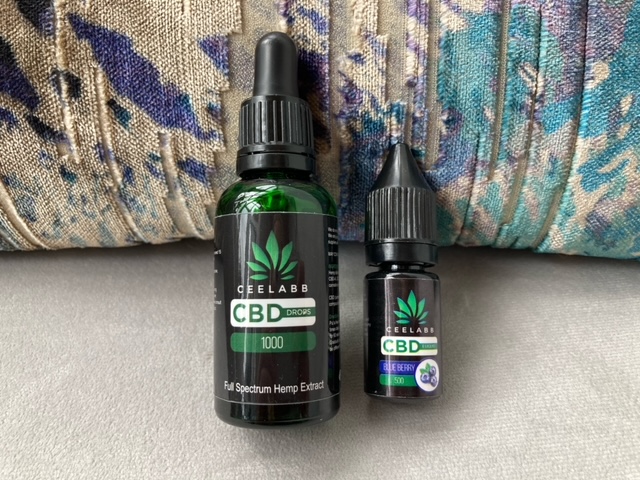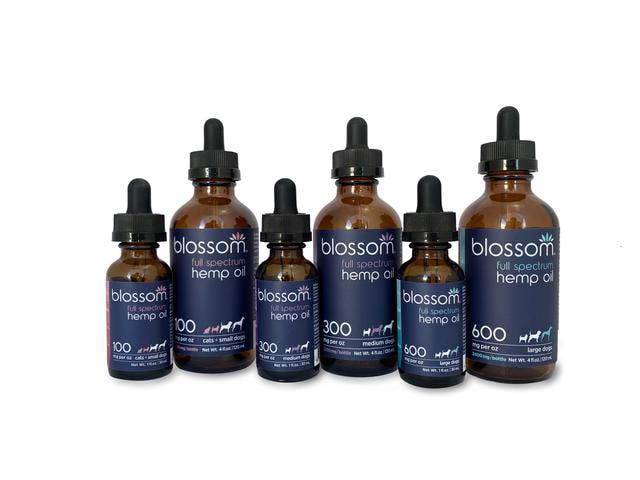Substance abuse and addiction continue to pose significant challenges worldwide, with millions of individuals struggling with dependency on drugs or alcohol. Traditional treatment approaches often involve counseling, medication-assisted therapy, and behavioral interventions. However, emerging research suggests that cannabidiol (CBD), a non-intoxicating compound derived from the hemp plant, may offer potential benefits in addiction treatment. In this blog post, we’ll delve into the role of CBD in addressing substance abuse and explore its potential as an adjunct therapy for addiction treatment.
Understanding Addiction:
Addiction is a complex and chronic brain disorder characterized by compulsive drug seeking and use, despite harmful consequences. It is often accompanied by changes in brain chemistry, leading to tolerance, dependence, and withdrawal symptoms. While various factors contribute to addiction, including genetic, environmental, and psychological factors, dysregulation of the endocannabinoid system (ECS) has been implicated in substance abuse disorders. The ECS plays a key role in regulating mood, reward pathways, and stress responses, all of which are closely linked to addiction.

CBD and Addiction:
CBD interacts with the ECS by modulating the activity of cannabinoid receptors in the brain and body. Unlike tetrahydrocannabinol (THC), the psychoactive component of hemp, CBD does not produce intoxicating effects and is not associated with addiction or dependence. Instead, CBD has been shown to have anxiolytic, antidepressant, and neuroprotective properties, which may be beneficial in addiction treatment. Research suggests that CBD may help reduce drug cravings, alleviate withdrawal symptoms, and prevent relapse in individuals recovering from substance abuse disorders.
Benefits of Substance Abuse Treatment:
Several preclinical and clinical studies have investigated the potential of CBD in treating addiction to substances such as opioids, cocaine, methamphetamine, and alcohol. In animal models, CBD has been found to reduce drug-seeking behavior, attenuate drug-induced reward effects, and mitigate withdrawal symptoms. Human studies have also shown promising results, with CBD demonstrating efficacy in reducing cue-induced cravings and anxiety in individuals with substance use disorders. Additionally, CBD’s anti-inflammatory and neuroprotective properties may help repair damage to the brain caused by chronic drug abuse, potentially improving cognitive function and overall well-being.
Challenges and Considerations:
While the preliminary evidence supporting the use of CBD in addiction treatment is promising, several challenges and considerations must be addressed. The optimal dosage, formulation, and duration of CBD treatment have yet to be established, and more research is needed to determine its long-term safety and efficacy. Additionally, CBD may interact with other medications commonly used in addiction treatment, so individuals need to consult with healthcare professionals before incorporating CBD into their recovery regimen. Furthermore, access to high-quality CBD products and regulatory oversight are crucial to ensuring the safety and efficacy of CBD-based therapies for addiction why not look here.
In conclusion, while more research is needed to fully understand the role of CBD in addiction treatment, the existing evidence suggests that cannabidiol may hold promise as an adjunct therapy for substance abuse disorders. Its ability to modulate the endocannabinoid system, reduce drug cravings, and alleviate withdrawal symptoms makes it a potential candidate for inclusion in comprehensive addiction treatment programs. However, further clinical trials are needed to validate these findings and elucidate the mechanisms underlying CBD’s therapeutic effects in addiction. By continuing to explore the potential of CBD in addiction treatment and supporting evidence-based approaches, we may improve outcomes for individuals struggling with substance abuse and promote long-term recovery.

